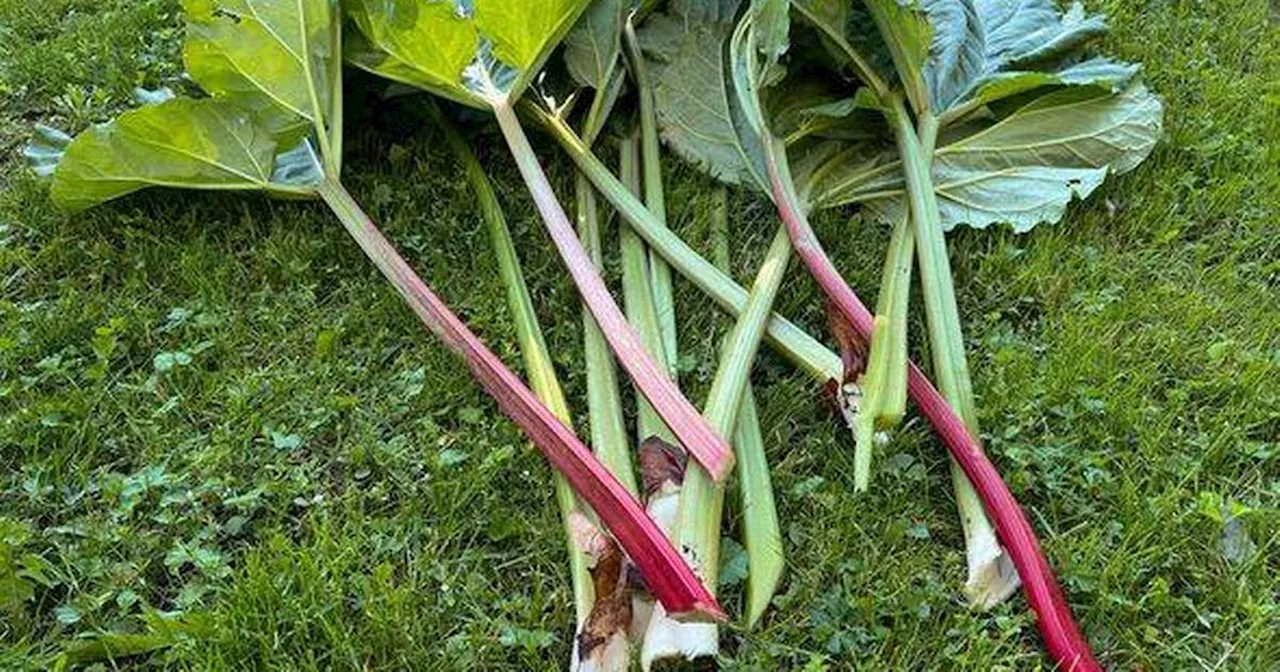Gardeners are advised against harvesting rhubarb during its first year after planting to allow for proper root development. Learn about the 'forcing' method and other tips for early rhubarb harvests.
Gardeners with rhubarb in their plots have been issued a warning. They are being advised not to harvest the plant during its first season after planting. Most rhubarb varieties can be harvested from late April or May and will continue to thrive throughout the summer. However, it's crucial to allow the plants to establish a robust root system and properly settle in your garden by avoiding harvesting in the first season after planting.
The first year is vital for the rhubarb plant's underground development. Gardeners should only lightly harvest in the second season to prevent weakening the crowns. If you're keen for an early harvest of tender and pink rhubarb, you can use the 'forcing' method by covering the crowns in December or January with a layer of straw or bracken and cover over with an upturned bucket or dustbin in mid-winter to exclude light. Those who do this should ensure they don't pull the crowns for the rest of the season. The 'forcing' method helps produce sweeter, more tender stalks in around just four weeks. Rhubarb varieties like 'Timperley Early' are ideal for forcing. For those eager for an even earlier harvest, some roots can be lifted in November. To do this, leave the lifted roots outside for up to two weeks before potting to expose them to more cold - this is needed to overcome dormancy - as Rhubarb requires seven to nine weeks of cold weather below 3C. Next, transfer the rhubarb into a pot with compost and move it to a cool room or greenhouse where the temperature ranges between 7-16C. Cover the rhubarb with buckets to block out light and ensure the roots remain moist but not waterlogged. Typically, stalks are ready for harvest in about five weeks. However, gardeners are cautioned that crowns forced in this manner tend to be significantly weakened and are often discarded post-harvest
Rhubarb Gardening Harvest Forcing Root Development
United Kingdom Latest News, United Kingdom Headlines
Similar News:You can also read news stories similar to this one that we have collected from other news sources.
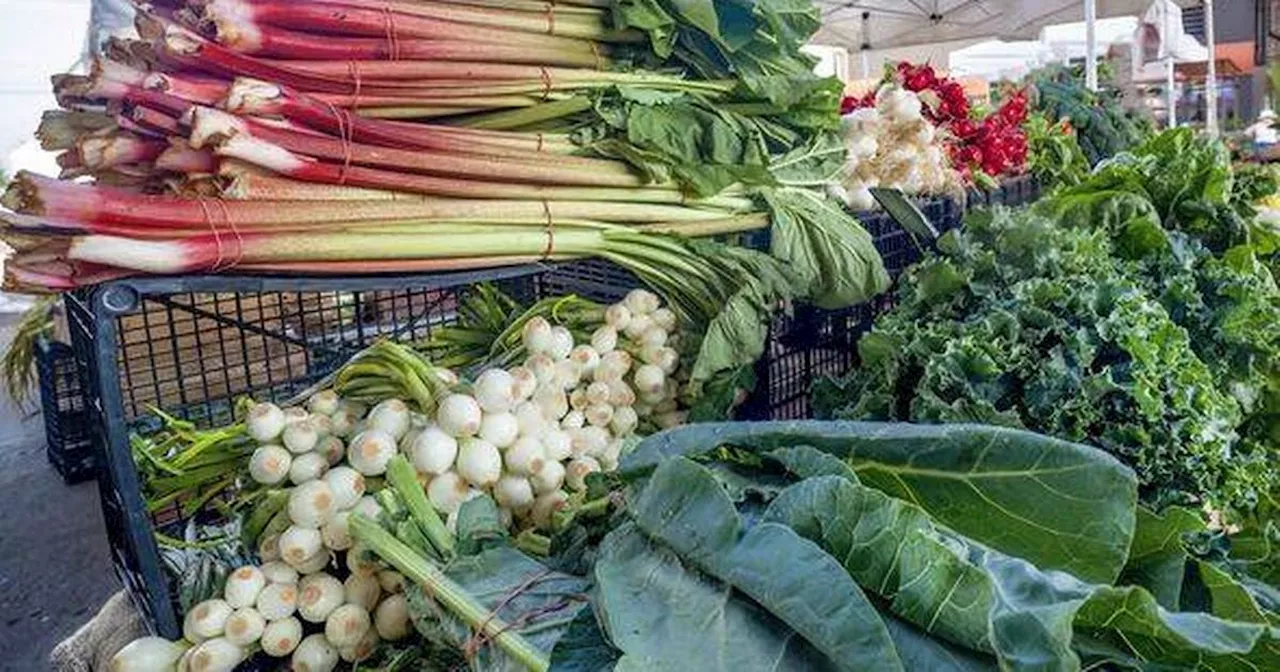 Rhubarb Warning Issued To Gardeners: Don't Harvest First Year!New gardeners should refrain from harvesting rhubarb in the first year after planting to allow for strong root development. The Express reports that 'forcing' methods can be used for an earlier harvest, but caution is advised as forced crowns are often weakened.
Rhubarb Warning Issued To Gardeners: Don't Harvest First Year!New gardeners should refrain from harvesting rhubarb in the first year after planting to allow for strong root development. The Express reports that 'forcing' methods can be used for an earlier harvest, but caution is advised as forced crowns are often weakened.
Read more »
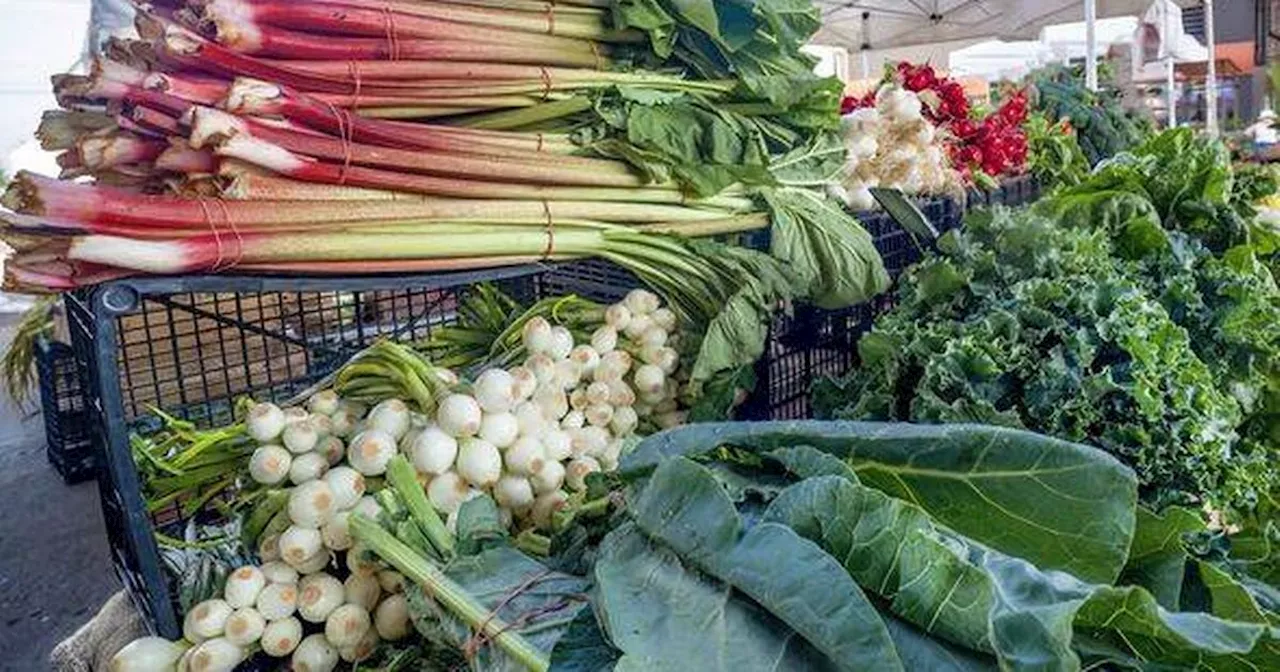 Rhubarb Warning: When NOT to Harvest and How to Force Early CropsThis article provides advice for gardeners on when and how to harvest rhubarb. It emphasizes the importance of allowing rhubarb plants to establish strong root systems in their first year. It also explains the 'forcing' method for obtaining early harvests, both by covering crowns in winter and by lifting roots in November.
Rhubarb Warning: When NOT to Harvest and How to Force Early CropsThis article provides advice for gardeners on when and how to harvest rhubarb. It emphasizes the importance of allowing rhubarb plants to establish strong root systems in their first year. It also explains the 'forcing' method for obtaining early harvests, both by covering crowns in winter and by lifting roots in November.
Read more »
 Monty Don Issues Urgent Garden Safety WarningGardening expert Monty Don warns of slippery paths due to algae and advises using a pressure hose or sand to improve safety.
Monty Don Issues Urgent Garden Safety WarningGardening expert Monty Don warns of slippery paths due to algae and advises using a pressure hose or sand to improve safety.
Read more »
 'Don't do it' warning to anyone looking for a puppy for ChristmasPeople are being urged to think carefully before taking on the commitment of having a dog
'Don't do it' warning to anyone looking for a puppy for ChristmasPeople are being urged to think carefully before taking on the commitment of having a dog
Read more »
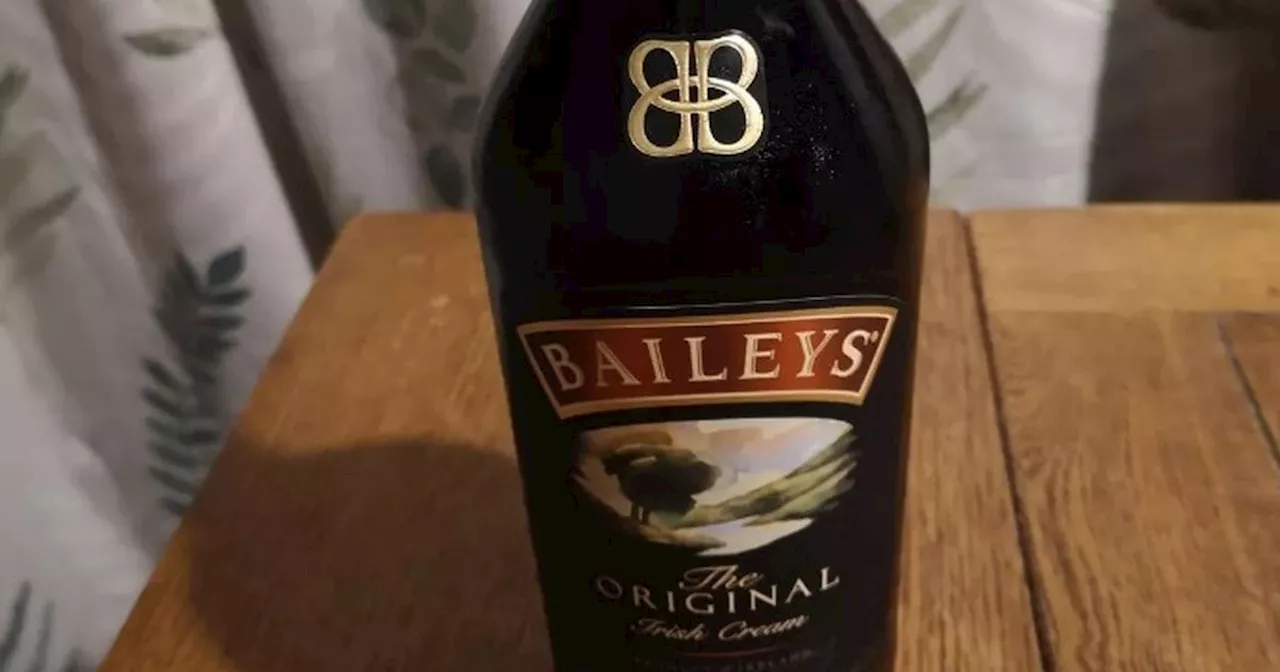 Baileys Warning: Don't Pour Leftovers Down the SinkTrade experts warn against pouring leftover Baileys down the sink, as it can cause costly and frustrating blockages in pipes.
Baileys Warning: Don't Pour Leftovers Down the SinkTrade experts warn against pouring leftover Baileys down the sink, as it can cause costly and frustrating blockages in pipes.
Read more »
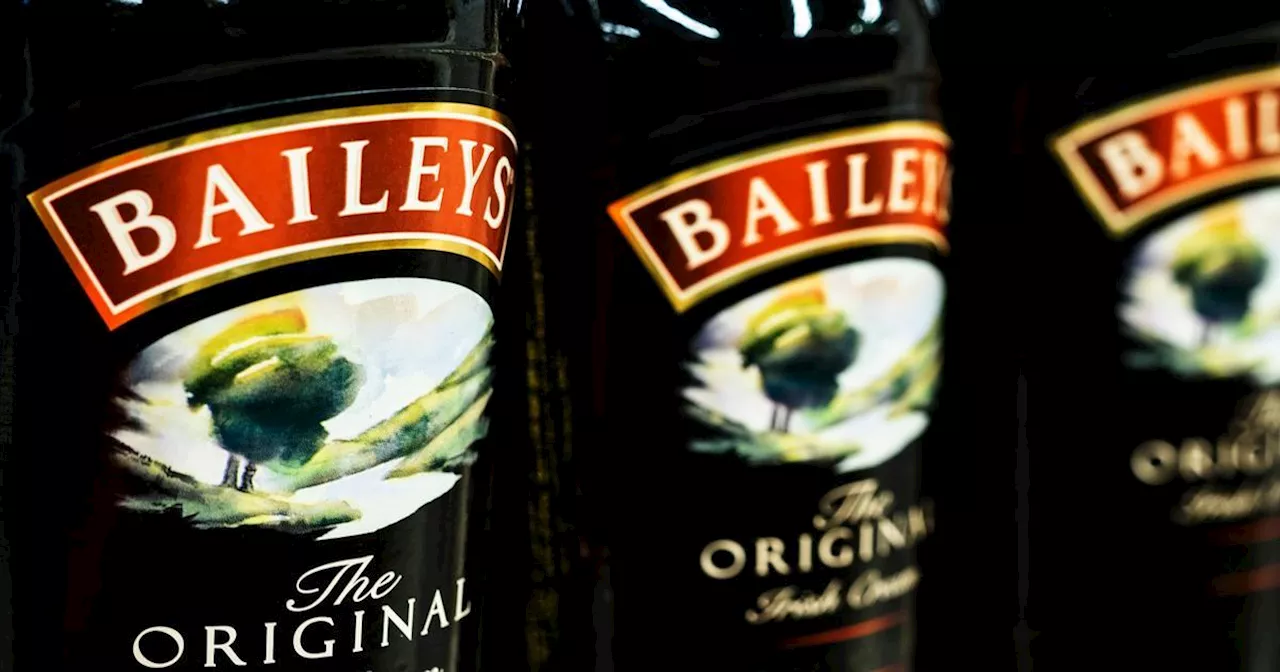 Warning: Don't Pour Baileys and Other Irish Creams Down the DrainExperts warn against pouring Baileys and other Irish creams down the drain as their thick consistency can cause blockages. Dispose of leftover liqueur in a sealable container in the general waste bin.
Warning: Don't Pour Baileys and Other Irish Creams Down the DrainExperts warn against pouring Baileys and other Irish creams down the drain as their thick consistency can cause blockages. Dispose of leftover liqueur in a sealable container in the general waste bin.
Read more »
